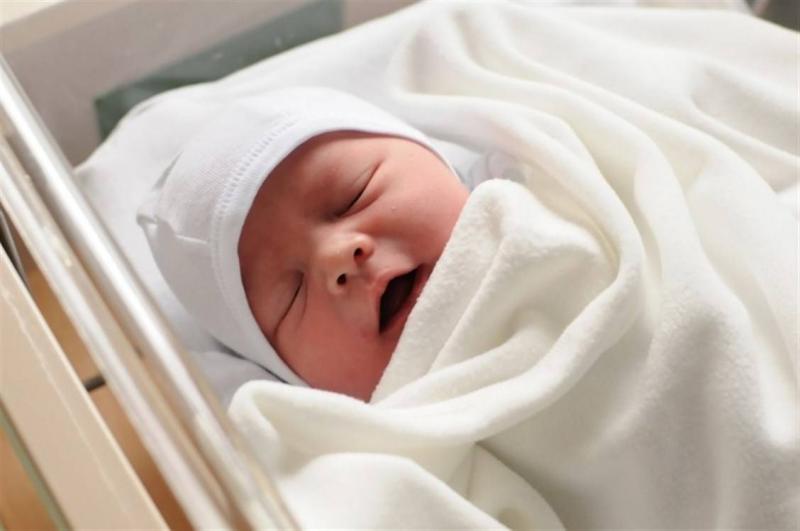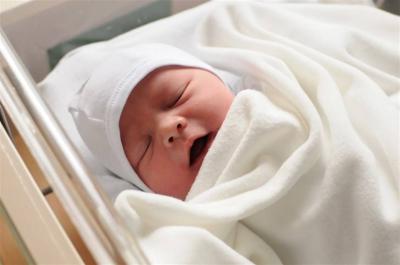The first moments after the birth of a child are often special for the mother and father, but a recent study has found that the first moment of breathing for each baby is responsible for life-saving changes that last a lifetime in respiratory systems. A team from the University of Virginia School of Medicine says their findings may prove that the moment a baby takes its first breaths is priceless in combating a serious health condition known as Sudden Infant Death Syndrome (SIDS).
Researchers indicate that when a baby is born and takes its first breath, this action activates a signaling system within the child’s brainstem, which is responsible for regulating and supporting early breathing. Dr. Douglas Abayelis, head of the Department of Pharmacology at the University of Virginia, states, "Birth is painful for newborns, as the baby must independently control various important bodily functions, including breathing. We believe that activating this support system at birth provides an additional safety factor for the infant during this critical period."
**Breathing as a Genetic Process:**
While a baby grows in the womb, breathing is unnecessary for them. Although infants may occasionally breathe while in utero, the actual process of breathing still constitutes a significant shock when they are born and must suddenly begin breathing continuously. The study also highlights how the respiratory system of infants transitions from a delicate state, susceptible to brain damage and life-threatening breathing gaps, to a largely automated and self-sufficient physiological system capable of providing the body with healthy levels of oxygen continuously.
Researchers in this study collaborated with colleagues from Harvard University and the University of Alberta to conduct a series of experiments on newborn mice. This led them to discover a specific gene that operates immediately upon the mouse's birth, located within a cluster of neurons in the mouse's brain. This gene appears to regulate breathing in mice by creating a neuropeptide transmitter called PACAP, which activates upon the mouse's birth and begins sending information between its nerve cells.
**Finding a Key to Prevent Sudden Infant Death Syndrome:**
When the study's authors attempted to suppress the PACAP gene in mice, their breathing deteriorated immediately, leading to numerous dangerous breathing stops. It is noteworthy that this apnea seems to occur more frequently in response to changes in environmental temperature, suggesting a link between the neuropeptide system and Sudden Infant Death Syndrome. Moreover, these new results indicate that problems with the neuropeptide gene may increase an infant's risk of Sudden Infant Death Syndrome.
Sudden Infant Death Syndrome refers to the tragic scenario where a child under one year old dies unexpectedly, with scientists currently believing that various genetic and environmental factors, such as temperature differences, can cause SIDS. Unfortunately, this syndrome is not rare, with small island developing states being the most affected by infant mortality in the Western world.




